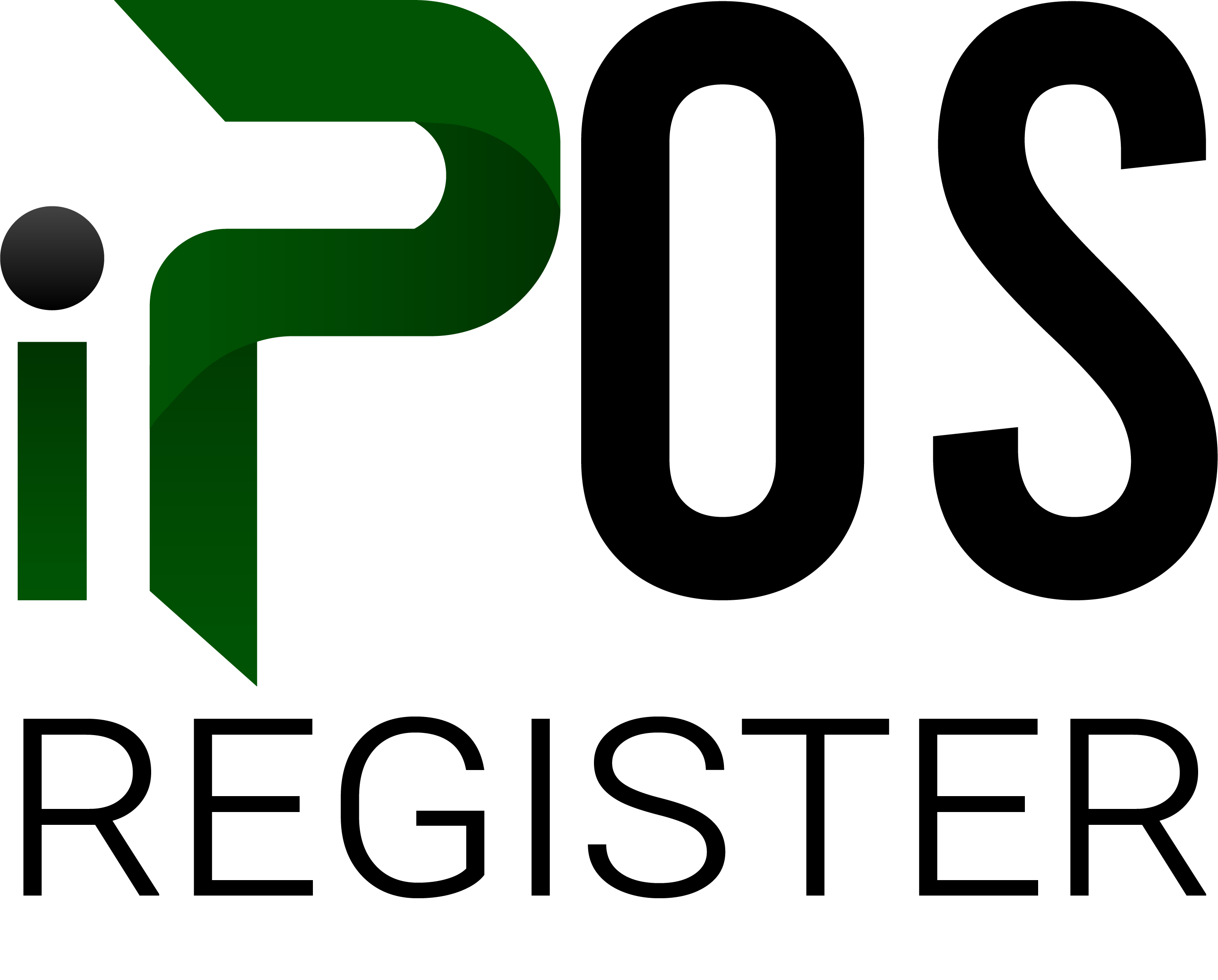The Best PHP Blogs
PHP & Web Development Blogs
They know their PHP-based product inside and out but do not have credibility with other PHP topics. SitePoint’s PHP blog remains one of the most frequently visited blogs based on the subject you will find everywhere. Learn how to grow your blog as a developer without an existing audience through great writing and SEO. Matt Stauffer writes about PHP and Laravel, and is also the author of Laravel Up and Running.
PHP’s Maintainability and Scalability
The original developer of PHP was a Danish-Canadian programmer named Rasmus Lerdorf. The short answer is that it’s a general-purpose, server-side scripting language. That said, unless you are already knowledgeable in programming and web development, that probably doesn’t make things much clearer.
They have some great hands-on articles, but the archive hasn’t grown considerably since its inception in 2018. Practicality and application are the focus on articles here, with the contributor(s) penning articles geared towards actual code used in real use cases. The blog’s articles contain multiple spelling and grammar issues but are otherwise comprehensible.
What’s New in PHP 8.4: Features, Changes, and Deprecations
Platform.sh is a company blog for a polyglot Platform-as-a-Service (PaaS). Articles aren’t as useful to programmers who don’t use their product, and some articles are even hidden behind a paywall. The blog is written by a handful of experienced Nliu.net writers who have worked with PHP and the company’s product.
PHP features
If you are a medium to advanced PHP developer than these tutorials are meant to help you in advancing your professional skills. Otherwise, you’ll also find general software topics like handling pull requests or working with Homebrew. David writes about PHP, Laravel, MySQL and general software development tooling and setup in a macOS environment. It was created back in 2012 by Eric Barnes and is the official source of news about the framework’s ecosystem. Ash is an active community member and freelancer who is passionate about his work. He contributes to open source, he writes books, he’s very present on X, and his blog is filled with tons of interesting insights.
.jpeg)
The blog’s writing and formatting are not its strength, especially in text-heavy articles. The blog’s publications are a little sporadic, but you can consistently expect multiple posts per month. Allen’s posts date back 15 years, covering all sorts of web-based projects and quirks he’s stumbled across.
I’m excited to be taking you through this long awaited tutorial, finally. I’ll show you how to build a complete blog application from scratch using PHP and MySQL database. A blog as you know it is an application where some users (Admin users) can create, edit, update and publish articles to make them available in the public to read and maybe comment on. Users and the public can browse through a catalog of these articles and click to anyone to read more about the article and comment on them. PHP also makes it easy to compartmentalize different parts of your theme.
Many posts tend to be a little shorter, but you’ll come across a more comprehensive tutorial every so often. In either case, Bram’s (or other author’s) knowledge is well-founded and technically sound. I didn’t trip over many errors and appreciated dynamic formatting with various references and visuals. Paul Jones is a long-time programmer who has written about maintainable PHP coding practices for years. Jones is a founding contributor to the Zend Framework (now Laminas), and he also authored a series of authoritative benchmarks on dynamic framework performance. The blog, active since 2004, provides a 50/50 split between analyzing technical programming functions and personal rants.
- Although PHP is still very relevant But some newer languages and frameworks have more advanced features.
- If you are a medium to advanced PHP developer than these tutorials are meant to help you in advancing your professional skills.
- Even though some articles have been compiled from other publications, the extensive archive, which dates back to 2003, remains a worthwhile read for any developer.
- Authors’ substance and writing style differ; some pieces are brief and lacking in-depth, while others are longer and filled with technical jargon.
- I didn’t trip over many errors and appreciated dynamic formatting with various references and visuals.
- The blog’s articles are excellently written with very few weaknesses and are published 1-2 times per month.
In fact, if you look at the template hierarchy, you can see that WordPress has PHP files for pretty much all pages and theme components. Before dismissing PHP due to perceived performance issues, consider the specific needs of your project and how PHP’s recent advancements could provide a robust solution. PHP’s continuous improvements and active community support have kept it relevant and competitive in the fast-paced world of web development.
.jpeg)
Though I wouldn’t recommend this blog to a beginner, it will provide some value to advanced-level coders. Paul’s articles are examples of his technical knowledge and tap into his authoritative understanding. The blog is well-written and well-organized with minimal grammatical errors, even non-technical personal opinions. Articles are never short of helpful links, code snippets, and external sources.

